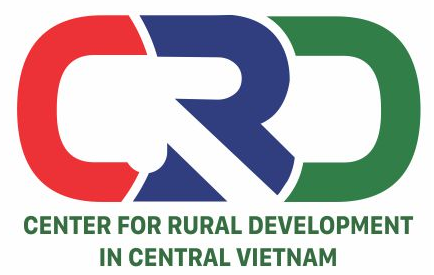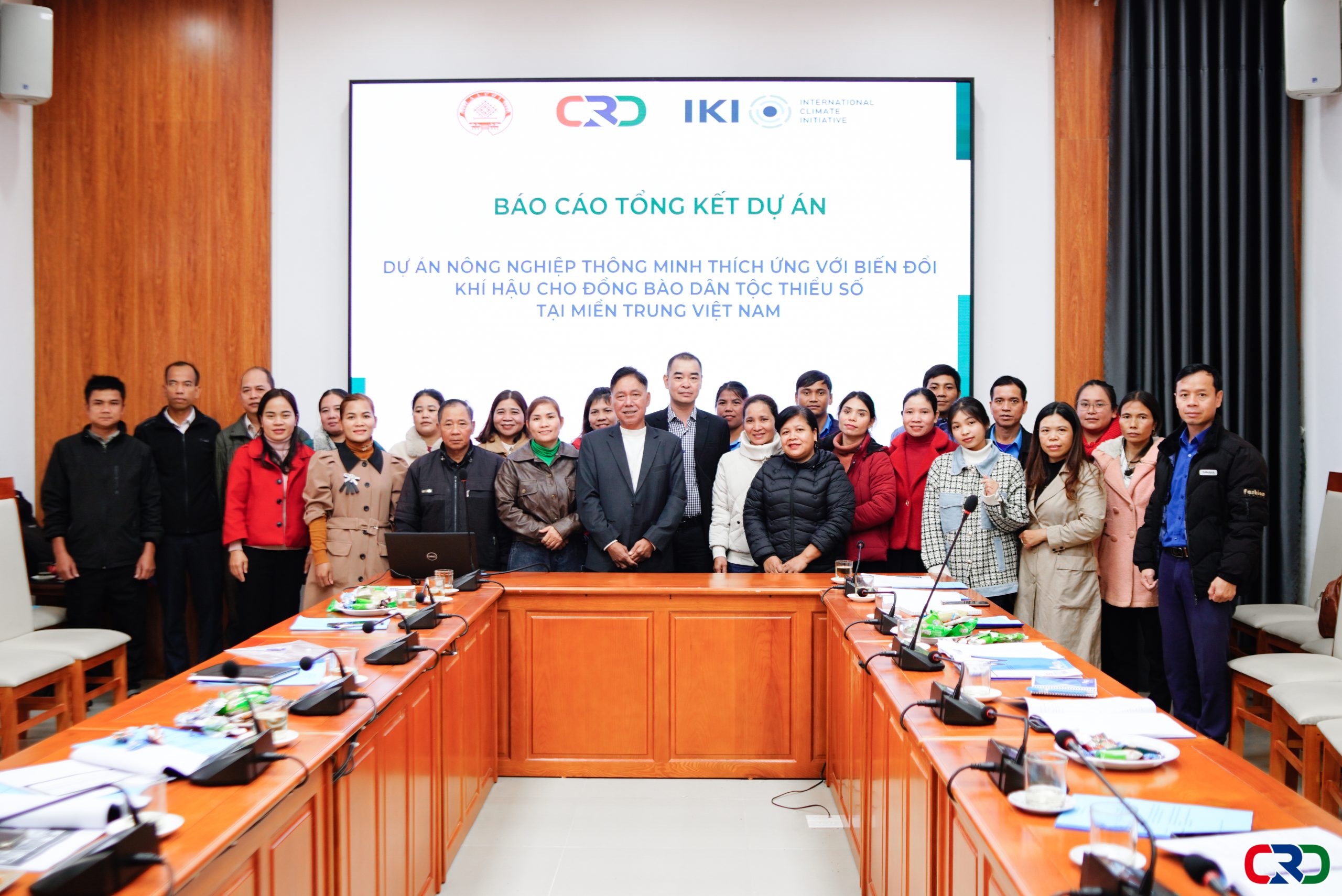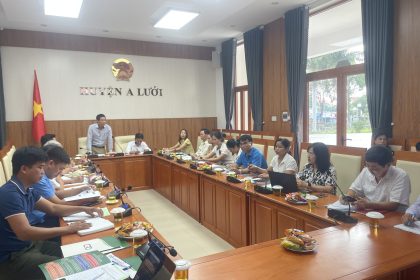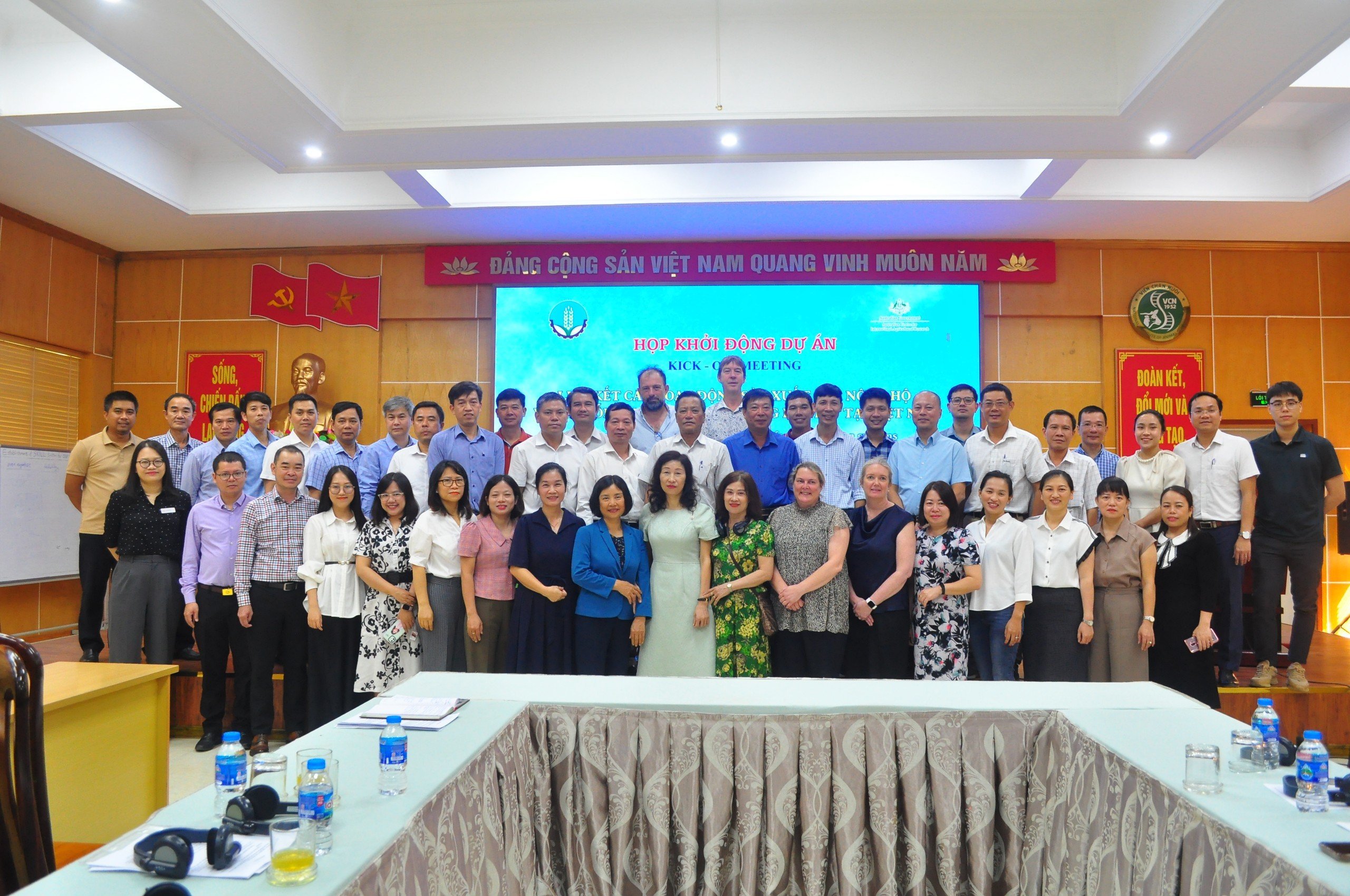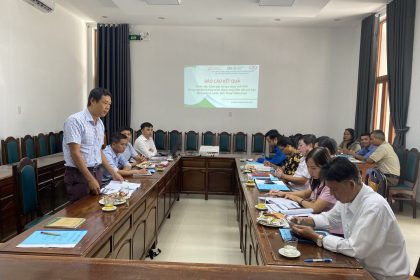From May 9th to May 27th, hamlet communities of Dỗi, Cha Măng, La Hố and Mụ Nằm in Thượng Lộ commune, Nam Đông district, Thừa Thiên Huế province checked the status of 4 community forest areas.
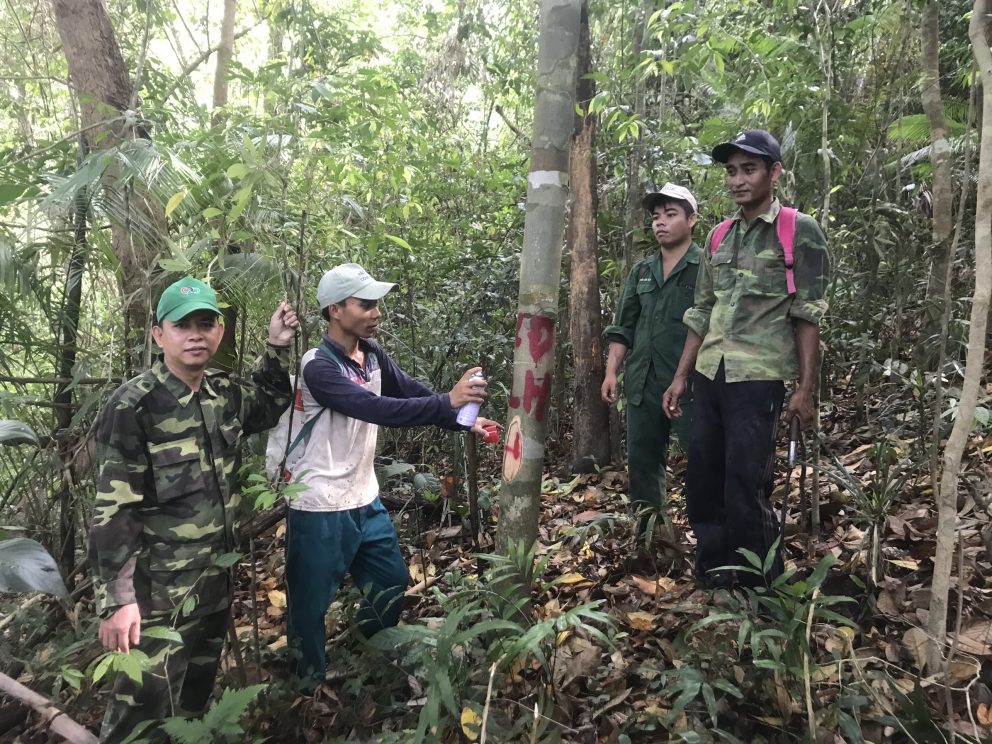
This activity is within the framework of the project “Strengthening CSOs and CBOs to Accelerate Conservation Efforts in the Central Annamites” sponsored by Swedish International Development Cooperation Agency (SIDA). The project is coordinated by the World Wide Fund For Nature Vietnam (WWF) and co-implemented by the Center for Rural Development in Central Vietnam (CRD) and Thua Thien Hue Forest Owners Sustainable Development Association (FOSDA-TTH).
Apart from hamlet communities, there are the participation of officers of Thượng Lộ Commune People’s Commitee, consultants from CRD and particularly the technical support from Forest Ranger Department of Nam Đông district in this activity.
The communities along with the participants marked the boundaries of the forest areas with paint, measured the number of trees and identified species names of timber trees and non-timber forest products for each 500m2 plot of different forest status.
After that, Forest Ranger Department of Nam Đông district will collect data and suggest a forest management plan for communities. Based on this premise, communities will organize meetings to collect opinions and develop a perfect sustainable forest management plan for communities in the future.
Mr Tran Huu Tam, a CRD staff has shared: “The activity takes place in the context of the 5-year community forest management plans (2015-2019) of four communities that have just expired. Through this activity, communities have improved their capacity for forest patrol and supervision, and have solved the difficulties in developing a sustainable forest management plan when implementing Circular No. 28/2018 / TT-BNNPTNT of the Ministry of Agriculture and Rural Development on sustainable forest management”.
By Bao Hoa – Huu Tam
